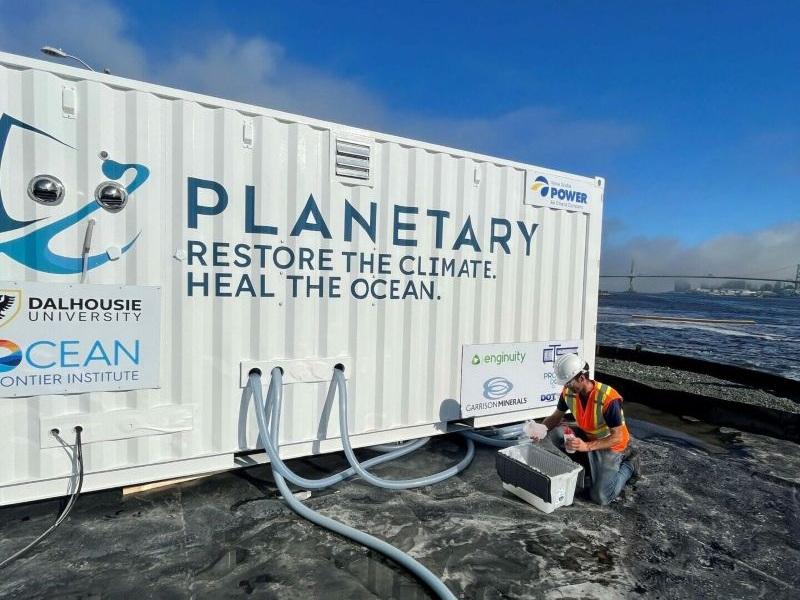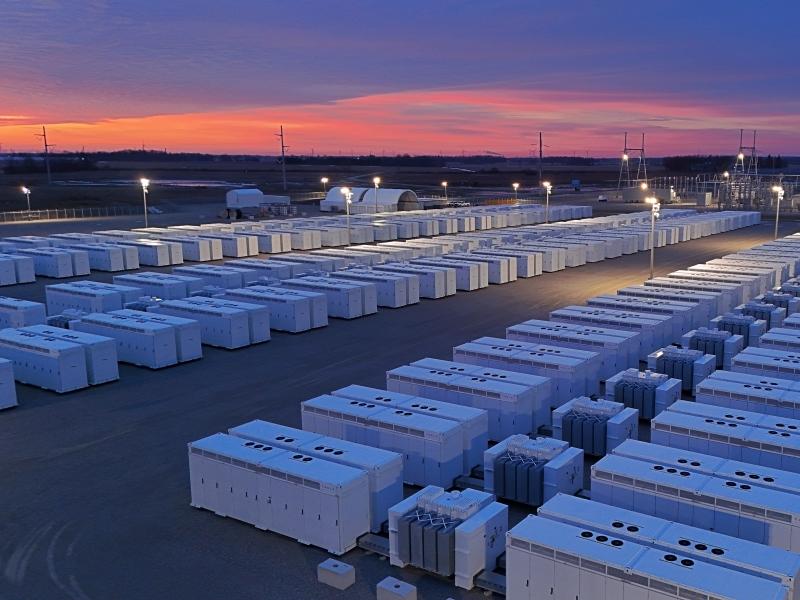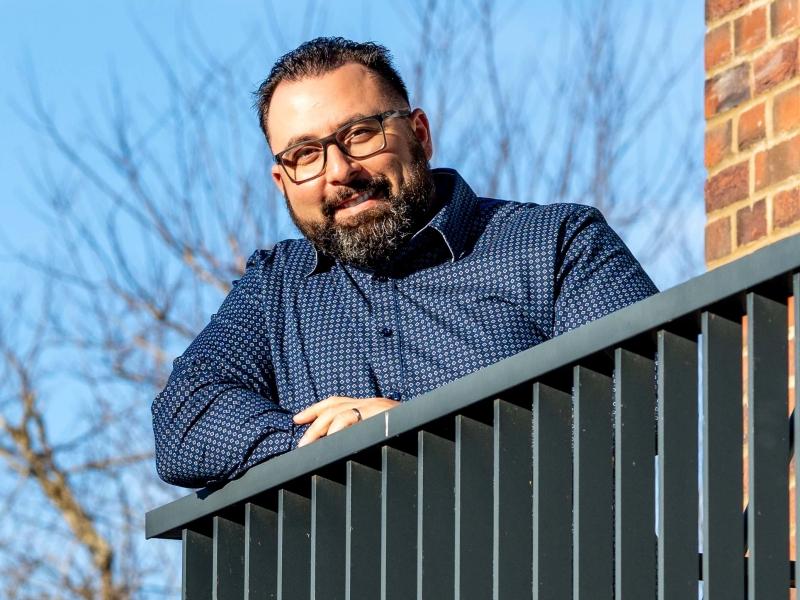
Green real estate creates value and mitigates risks, thus generating higher returns, according to Annie Houle, Ivanhoé Cambridge’s head of Canada.
Despite the barrage of bad news for ESG — a backlash from the U.S. financial sector and anti-ESG shareholder initiatives — Houle told Sustainable Biz Canada sustainable buildings are a prudent investment that pays dividends in the long-term.
“For us, going green is a way to create value and is also a way to mitigate risks. It’s the fiduciary duty our pensioners expect from us; what makes good business sense. It’s one of the key ways to future-proof the performance of an asset,” Houle said in an interview at the Real Estate Forum in Toronto on Nov. 29.
Montreal-based Ivanhoé Cambridge is the real estate division of Caisse de dépôt et placement du Québec (CDPQ) a Quebec pension fund with $424 billion in assets. Ivanhoé Cambridge’s portfolio has over $77 billion in assets under management in 19 countries, with approximately 20 per cent of its portfolio in Canada.
The company has pledged to have a carbon-neutral global portfolio by 2040, covering its Scope 1, 2 and 3 emissions (tenant emissions from energy consumption for Scope 3). A nearer target is a 35 per cent reduction in carbon emissions by 2025 against a 2017 baseline.
The benefits of going green
Houle said addressing climate risk in real estate brings value to buildings. The office sector applies a ‘green premium’ on sustainable buildings and a ‘brown discount’ on unsustainable buildings, she explained. The greener a building, the more profitable it tends to be; the less sustainable a building, the more its value depreciates.
To take the initiative, Houle said Ivanhoé Cambridge developed a tool to track the green internal rate of return on a building. It calculates the value per tonne of carbon and its influence on a building’s value.
“When we look and make calculations on a specific building, we use the market approach and it gives us a number . . . When we include the cost of a tonne of carbon and how much that property is issuing carbon emissions, then suddenly it gives us a much lower return.”
A real estate company that decarbonizes is “mitigating risk,” she said. The real estate sector is especially vulnerable to climate risk because it is tangibly affected by the effects of climate change, such as stronger floods and more extreme weather.
Decarbonization, Houle said, is future-proofing the value of Ivanhoé Cambridge’s investments. It is the better long-term choice and aligns with global regulations which are tightening, particularly in jurisdictions such as Europe.
Having a more sustainable portfolio even helps with an organization’s reputation and engagement. Employees, clients and tenants are increasingly curious about the environmental performance and commitments of a building or company, Houle said.
A failure to sufficiently address questions about climate actions taken by building owners, or a building's green certifications could result in lost clients, she warned.
As a part of CDPQ, Ivanhoé Cambridge is also reducing the risks for pensioners by pushing for sustainable buildings.
Bertrand Millot, CDPQ’s head of sustainable investment, told Sustainable Biz Canada the fund is divesting from fossil fuels because it does not see bright prospects for the oil industry due to the trend toward decarbonization.
It is also a personal matter for Houle, who said her parents and in-laws are pensioners served by CDPQ and its performance.
“I’m personally vested into making sure that we’re successful into what we’re doing and that our engagement and commitments are there,” she said.
How Ivanhoé Cambridge is making a sustainable portfolio
To highlight Ivanhoé Cambridge’s climate actions to date, Houle pointed to properties in its portfolio that are keeping it on track to achieving its 2025 target.
Buildings such as Place Ville Marie and Ivanhoé Cambridge’s net-zero certified headquarters are a part of its goal to reduce the carbon intensity of its Montreal properties by 55 per cent by 2030, relative to 2017. That goal will be achieved through energy savings, installing more efficient systems, and technology and electrification, according to the company’s 2022 sustainability report.
The CIBC SQUARE office complex in Toronto received the SmartScore Platinum rating for its smart building features that consider sustainability.
Ivanhoé Cambridge also:
- participated in a low-carbon label for real estate in Europe;
- piloted technology from Turntide in two Canadian locations to reduce energy use in HVAC systems; and
- retrofitted four office buildings in New York City to reduce steam use by 19 per cent compared to 2019.
Houle said technology can play a pivotal role in decarbonizing buildings. Sensors can obtain data to better understand tenant behaviour and make appropriate adjustments for achieving net-zero.










